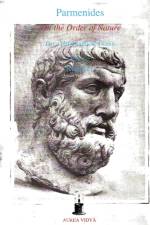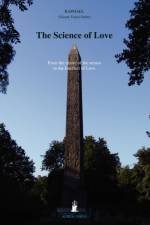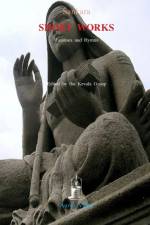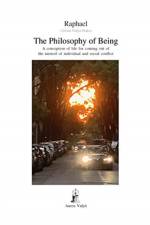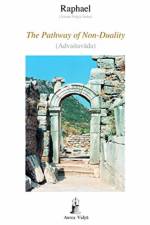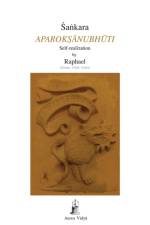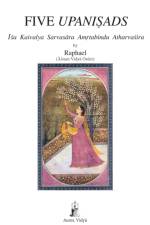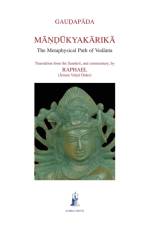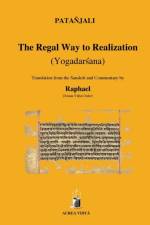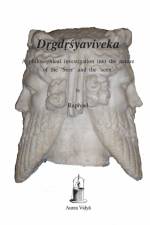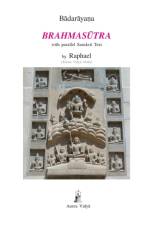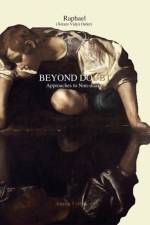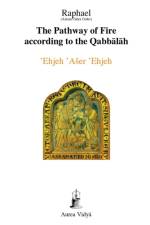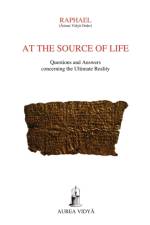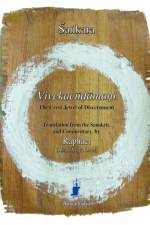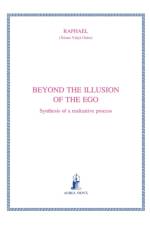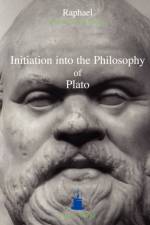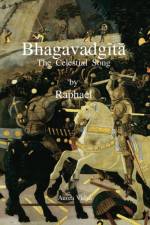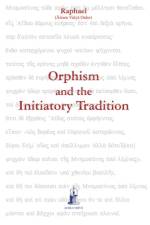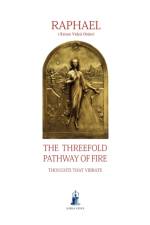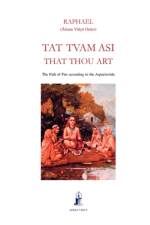- Advaitavada
av Raphael
287
Non-dualism, dualism, monism, the Real and the unreal, Parmenides and his vision, Advaita Vedanta, metaphysical Realization: these are just some of the topics covered by Raphael in a series of writings couched in the form of questions and answers and gathered together in this volume. It constitutes a valid means of approach to the most important issues ever discussed by philosophers and seekers of the truth: Being and non-being, the One and the many, the Absolute and the relative.This Pathway of Non-Duality (Advaitavada) provides an answer to the apparently rational doubts and contradictions that are expressed both in the realm of philosophy and in the realm of science, which focuses nowadays on discovering a constant or law which will serve as the foundation for every branch of scientific knowledge.Having realized the Unity of the Tradition which considers the Whole (as Plato would say), Raphael expresses himself with a conceptual methodology well suited to the receptivity of the modern mind. He enables his readers to deepen their understanding, at the conscious as well as the conceptual level, of what may be described as the most difficult metaphysical visions. Having traversed the ‘Path without support or relationship’ (Asparsavada), he brings into the light of knowledge the fundamental realities of the most daring pathways to realization ever propounded by the greatest thinkers and philosophers of both East and West.The ‘Path of non-generation’ (Ajativada), as expounded by Gauß╕ìapada, makes it clear that the supreme Being is pure actuality, which excludes all multiplicity, all duality, and all ontological unity, as well as all transition from potentiality to actuality. In the text, this view is compared to that of Parmenides, for whom Being is and does not become: it is unity and actuality, everlasting and not subject to birth (ajati) or death.Advaita Vedanta (Non-duality), as presented by Sankara, envisages a Unity beyond the realm of mathematics, a ‘Not-two’ which does not grow and which is without any relationship (asparsa). This metaphysical, non-dual Unity may be compared to the One Good or the Supreme Good of Plato and to the One of Plotinus.The text makes references both to the Upaniß╣úads and to the most illuminating passages from those Philosophers who have the closest links with the initiatory Tradition of the Sacred Mysteries in ancient Greece.From Orpheus to Pythagoras, from Plato to Plotinus, the vision of the metaphysical unity has always been reflected upon and transmitted. Since these teachings engage the very consciousness of our being, we may speak of a Western metaphysics of realization, and in this volume Raphael accentuates and enlivens this ever-present Philosophia Perennis and encourages us to actually realize it.

